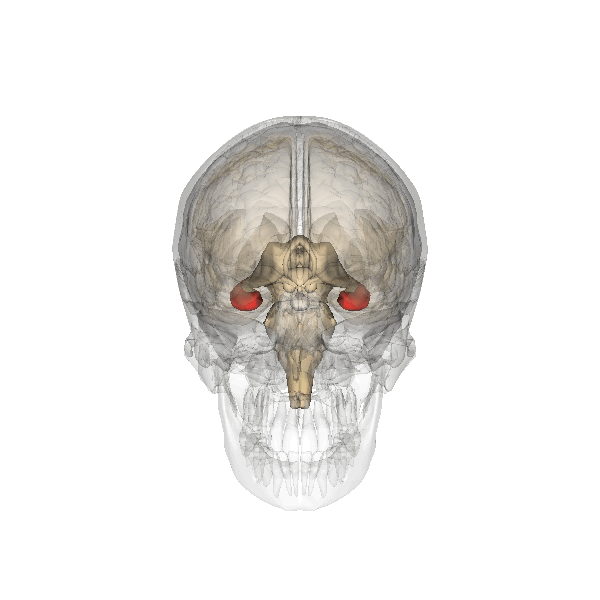|
Declarative (other)
Declarative may refer to: * Declarative learning, acquiring information that one can speak about * Declarative memory, one of two types of long term human memory * Declarative programming, a computer programming paradigm * Declarative sentence, a type of sentence that makes a statement * Declarative mood, a grammatical verb form used in declarative sentences See also * Declaration (other) Declaration may refer to: Arts, entertainment, and media Literature * ''Declaration'' (book), a self-published electronic pamphlet by Michael Hardt and Antonio Negri * ''The Declaration'' (novel), a 2008 children's novel by Gemma Malley Music ... {{disamb ... [...More Info...] [...Related Items...] OR: [Wikipedia] [Google] [Baidu] |
Declarative Learning
Declarative learning is acquiring information that one can speak about (contrast with motor learning). The capital of a state is a declarative piece of information, while knowing how to ride a bike is not. Episodic memory and semantic memory are a further division of declarative information. Overview There are two ways to learn a telephone number: memorize it using your declarative memory, or use it many times to create a habit. Habit learning is called procedural memory Declarative memory uses your medial temporal lobe and enables you to recall the telephone number at will. Procedural memory activates the telephone number only when you are at the telephone, and uses your right-hemisphere's skill, pattern recognition. Research indicates declarative and habit memory compete with each other during distraction. When in doubt, the brain chooses habit memory because it is automatic. Several researchers at the UCLA tested the hypothesis that distraction can change the way a task is ... [...More Info...] [...Related Items...] OR: [Wikipedia] [Google] [Baidu] |
Declarative Memory
Explicit memory (or declarative memory) is one of the two main types of long-term human memory, the other of which is implicit memory. Explicit memory is the conscious, intentional recollection of factual information, previous experiences, and concepts. This type of memory is dependent upon three processes: acquisition, consolidation, and retrieval. Explicit memory can be divided into two categories: episodic memory, which stores specific personal experiences, and semantic memory, which stores factual information.Tulving E. 1972. Episodic and semantic memory. In Organization of Memory, ed. E Tulving, W Donaldson, pp. 381–403. New York: Academic Explicit memory requires gradual learning, with multiple presentations of a stimulus and response. The counterpart to explicit memory is known as implicit memory, refers to memories acquired and used unconsciously such as skills (e.g. knowing how to get dressed) or perception. Unlike explicit memory, implicit memory learns rapidly ... [...More Info...] [...Related Items...] OR: [Wikipedia] [Google] [Baidu] |
Declarative Programming
In computer science, declarative programming is a programming paradigm—a style of building the structure and elements of computer programs—that expresses the logic of a computation without describing its control flow. Many languages that apply this style attempt to minimize or eliminate side effects by describing ''what'' the program must accomplish in terms of the problem domain, rather than describe ''how'' to accomplish it as a sequence of the programming language primitives (the ''how'' being left up to the language's implementation). This is in contrast with imperative programming, which implements algorithms in explicit steps. Declarative programming often considers programs as theories of a formal logic, and computations as deductions in that logic space. Declarative programming may greatly simplify writing parallel programs. Common declarative languages include those of database query languages (e.g., SQL, XQuery), regular expressions, logic programming, fun ... [...More Info...] [...Related Items...] OR: [Wikipedia] [Google] [Baidu] |
Declarative Sentence
In linguistics and grammar, a sentence is a linguistic expression, such as the English example "The quick brown fox jumps over the lazy dog." In traditional grammar, it is typically defined as a string of words that expresses a complete thought, or as a unit consisting of a subject and predicate. In non-functional linguistics it is typically defined as a maximal unit of syntactic structure such as a constituent. In functional linguistics, it is defined as a unit of written texts delimited by graphological features such as upper-case letters and markers such as periods, question marks, and exclamation marks. This notion contrasts with a curve, which is delimited by phonologic features such as pitch and loudness and markers such as pauses; and with a clause, which is a sequence of words that represents some process going on throughout time. A sentence can include words grouped meaningfully to express a statement, question, exclamation, request, command, or suggestion. Typical ... [...More Info...] [...Related Items...] OR: [Wikipedia] [Google] [Baidu] |
Declarative Mood
A realis mood (abbreviated ) is a grammatical mood which is used principally to indicate that something is a statement of fact; in other words, to express what the speaker considers to be a known state of affairs, as in declarative sentences. Most languages have a single realis mood called the indicative mood, although some languages have additional realis moods, for example to express different levels of certainty. By contrast, an irrealis mood is used to express something that is not known to be the case in reality. An example of the contrast between realis and irrealis moods is seen in the English sentences "He works" and "It is necessary that he work". In the first sentence, ''works'' is a present indicative (realis) form of the verb, and is used to make a direct assertion about the real world. In the second sentence, ''work'' is in the subjunctive mood, which is an irrealis mood – here ''that he work'' does not necessarily express a fact about the real world (he could be r ... [...More Info...] [...Related Items...] OR: [Wikipedia] [Google] [Baidu] |
